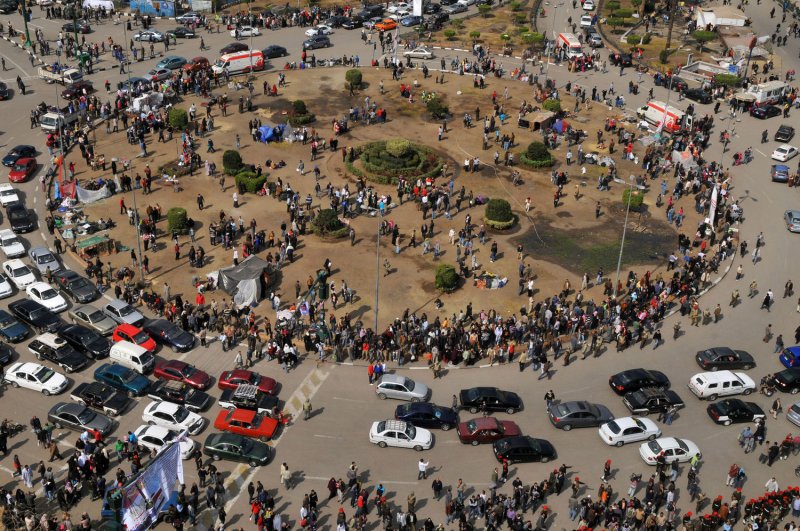NEW YORK, Feb. 15 (UPI) -- Officials at Facebook have indicated they don't want to discuss the role social media played in the revolts that toppled the governments in Tunisia and Egypt.
Elliot Schrage, vice president for global communications, public policy and marketing, declined to comment on use of Facebook by activists seeking democratic change, The New York Times reported.















